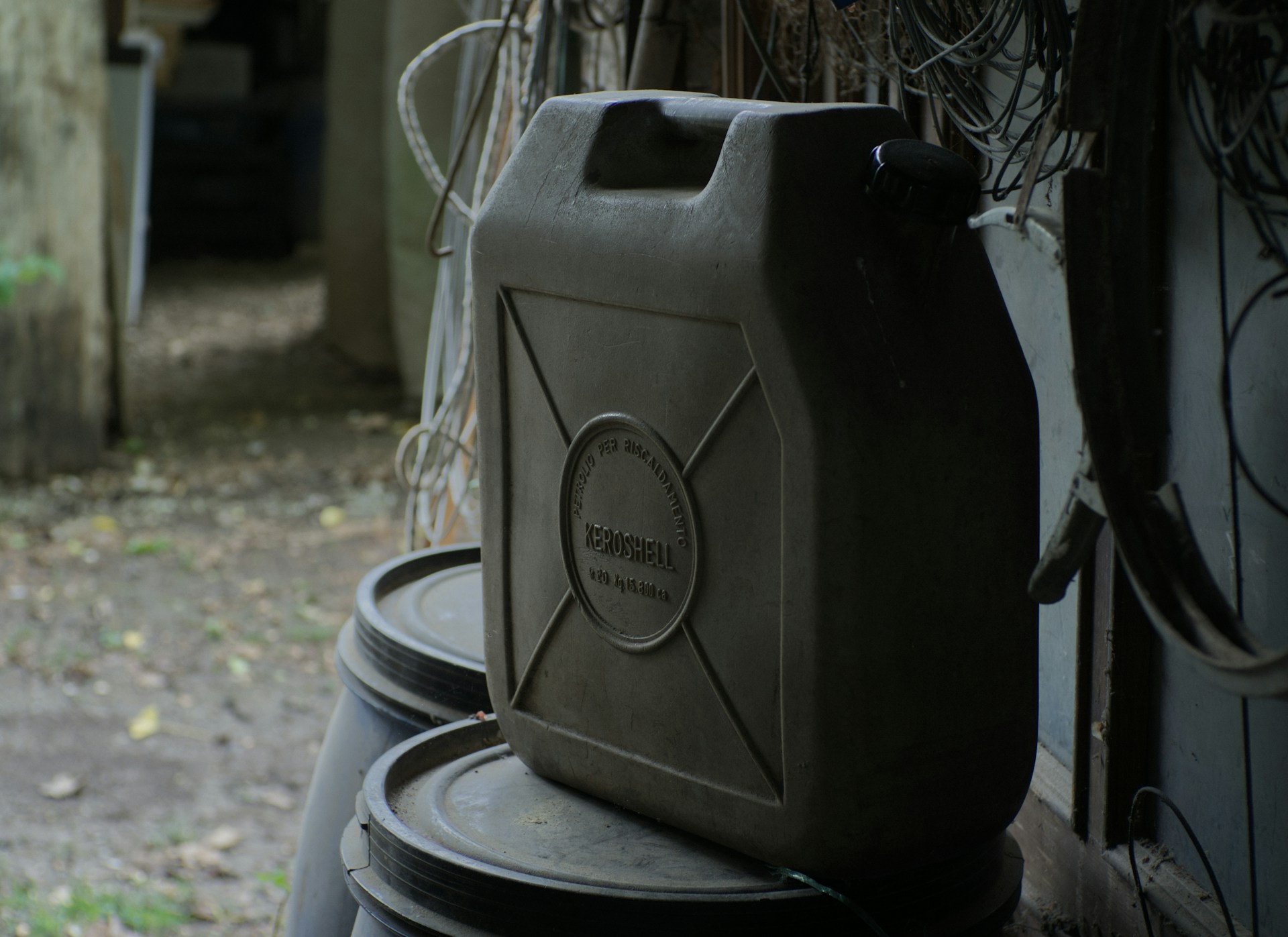From Tornado Alley to climate change, more and more people are subjected to severe weather. The odd lightning flash or heavy downpour may not seem like much at first glance, but storms cause all kinds of life-altering damage and it’s worth knowing how to prepare yourself should disaster strike.
1. Learn About Local Weather
As frightening as it is, the intensity of climate change means today’s homebuyers can often scout weather events in the area—home listings generally have information about potential heat waves or floods, meaning staying informed is more important than ever. Look into your area to ensure you and your family won’t run into any significant weather events.
2. Keep Informed
Our phones alert us of any watches and warnings, but it’s just as important to keep an eye on the radar. If you have cable, tune into your local weather channel as they monitor storm movement and intensity. The more you know about what’s going on, the better you can prepare.
 Photo by Nathan Dumlao on Unsplash
Photo by Nathan Dumlao on Unsplash
3. Understand Myths
The sad truth is that weather myths steer people away from life-saving information. According to the National Weather Service, overpasses aren’t safe tornado shelters, large vehicles don’t fare better in flood water, and lightning can still strike miles away from a thunderstorm. Knowing the basics about your area’s weather events keeps everyone safe.
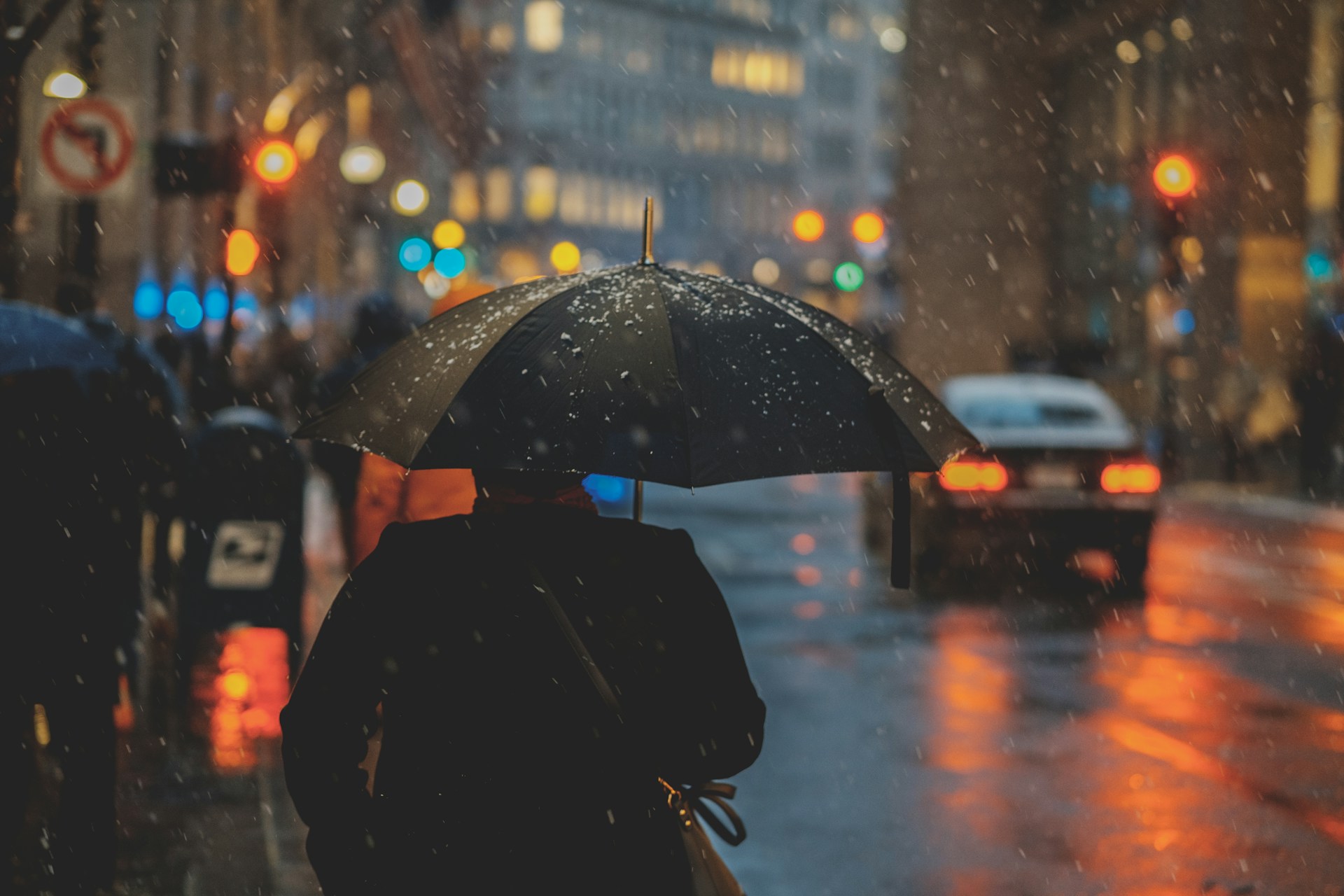 Photo by Osman Rana on Unsplash
Photo by Osman Rana on Unsplash
4. Have a Plan
Just like fire drills, you should have an emergency plan in place for severe weather. Tornadoes and floods can cause all kinds of damage, knock out power, and keep you in the house for days. Sit down with your family and make sure you’re all on the same page.
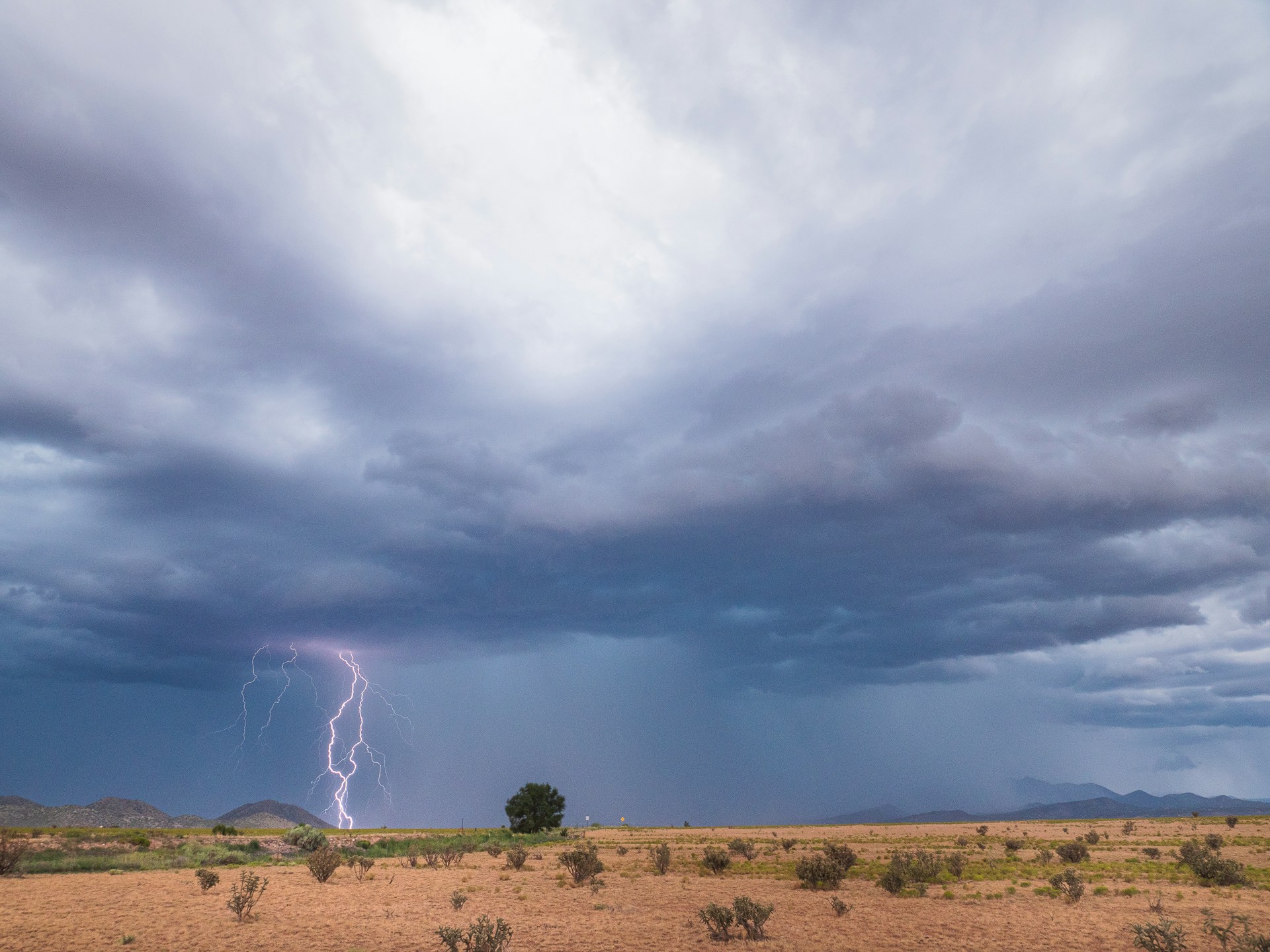 Photo by Raychel Sanner on Unsplash
Photo by Raychel Sanner on Unsplash
5. Prepare an Emergency Kit
Even if you don’t expect any crazy weather, emergency kits are always a good idea. You can either purchase them or put together your own filled with essentials like water, food, batteries, flashlights, and first aid supplies (among other things).
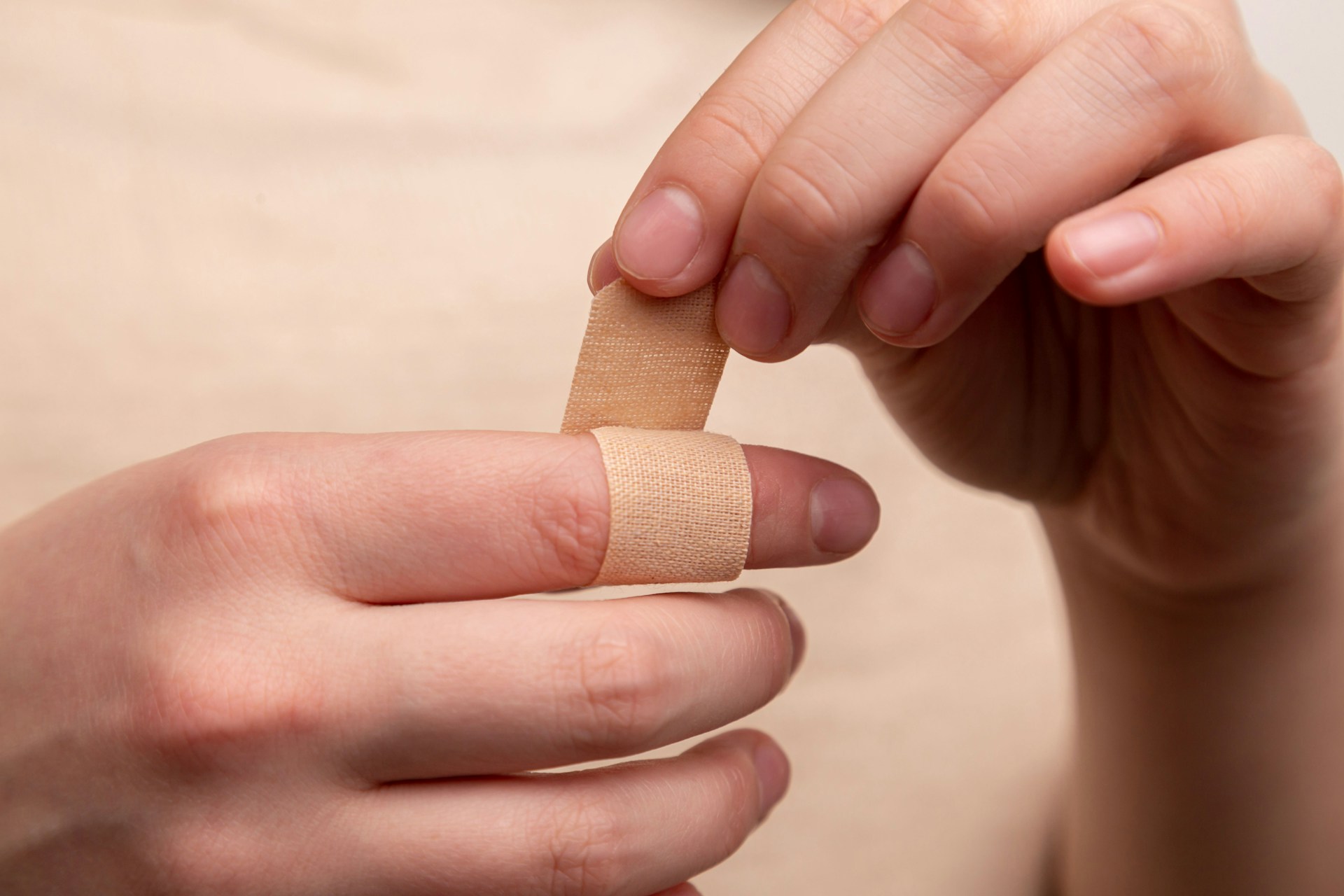 Photo by Diana Polekhina on Unsplash
Photo by Diana Polekhina on Unsplash
6. Stay Informed During
Battery-powered radios are your best friend in an emergency. They keep you up-to-date on the latest developments and track a storm’s progression so you know when it’s safe to leave. Don’t rely on your phone in a situation like this.
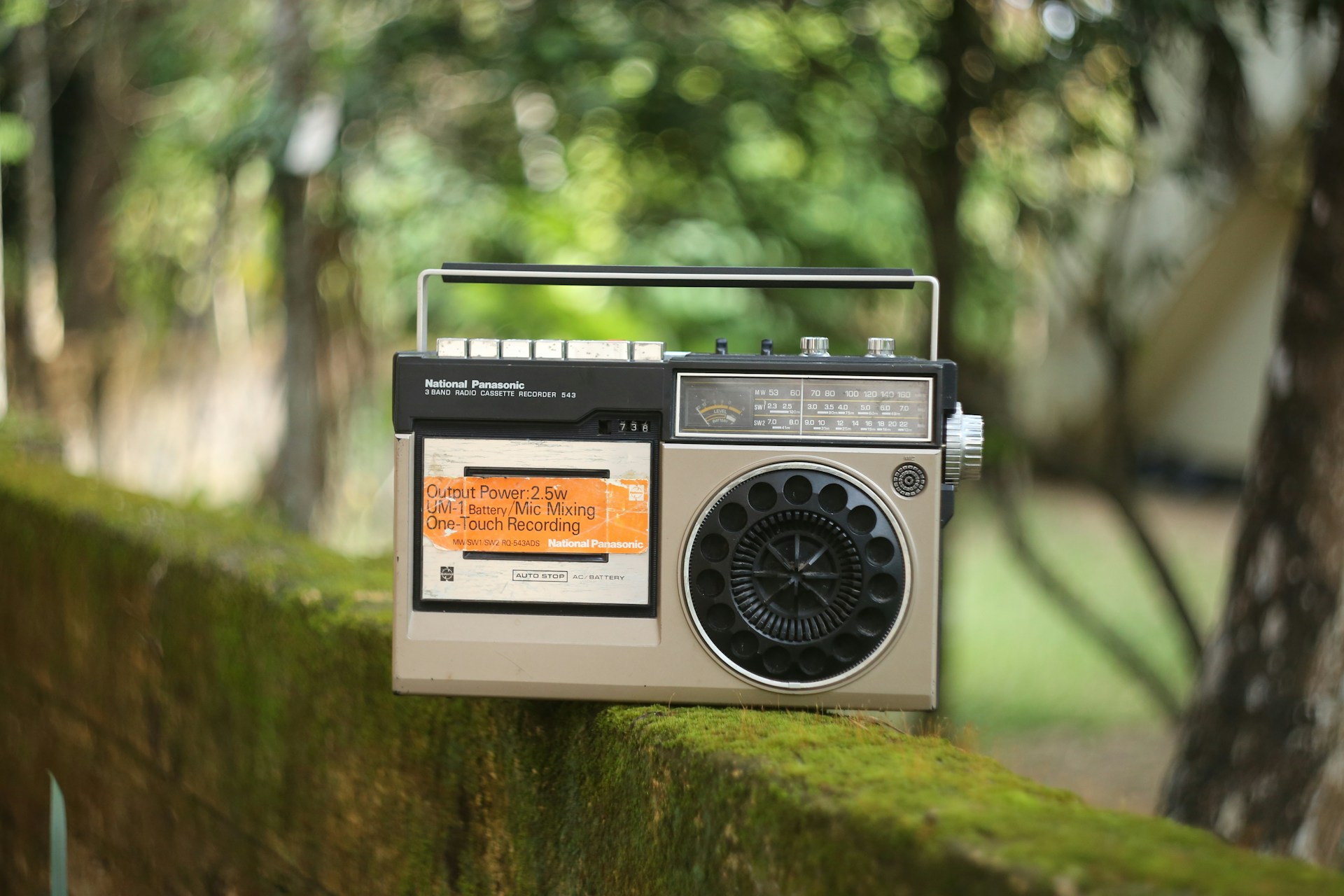 Photo by Naadir Shahul on Unsplash
Photo by Naadir Shahul on Unsplash
7. Stock Up
You don’t want to clear out the shelves, but there’s no shame in stocking up on water and non-perishable food items. Stashing them in a cellar ensures you and your family are taken care of in the event of a power outage or the inability to leave your house.
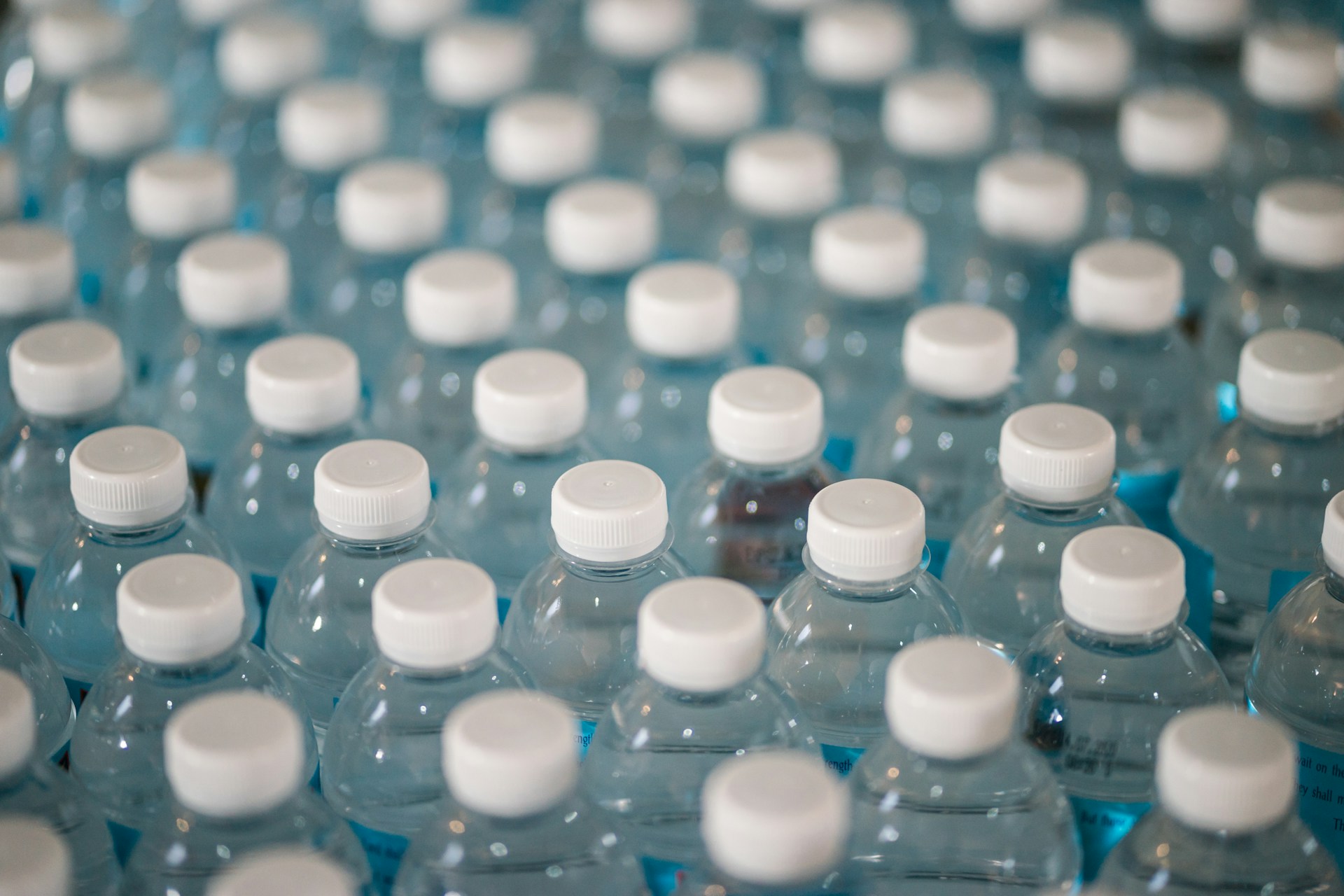 Photo by Jonathan Chng on Unsplash
Photo by Jonathan Chng on Unsplash
8. Protect Electronics
In the event of a severe storm, surge protectors save your electronics from annoying power surges. Surges are potentially so much worse than the odd flicker, too—they can cause hard drive wipes or zap the life from your fridge, so they’re worth having on hand.
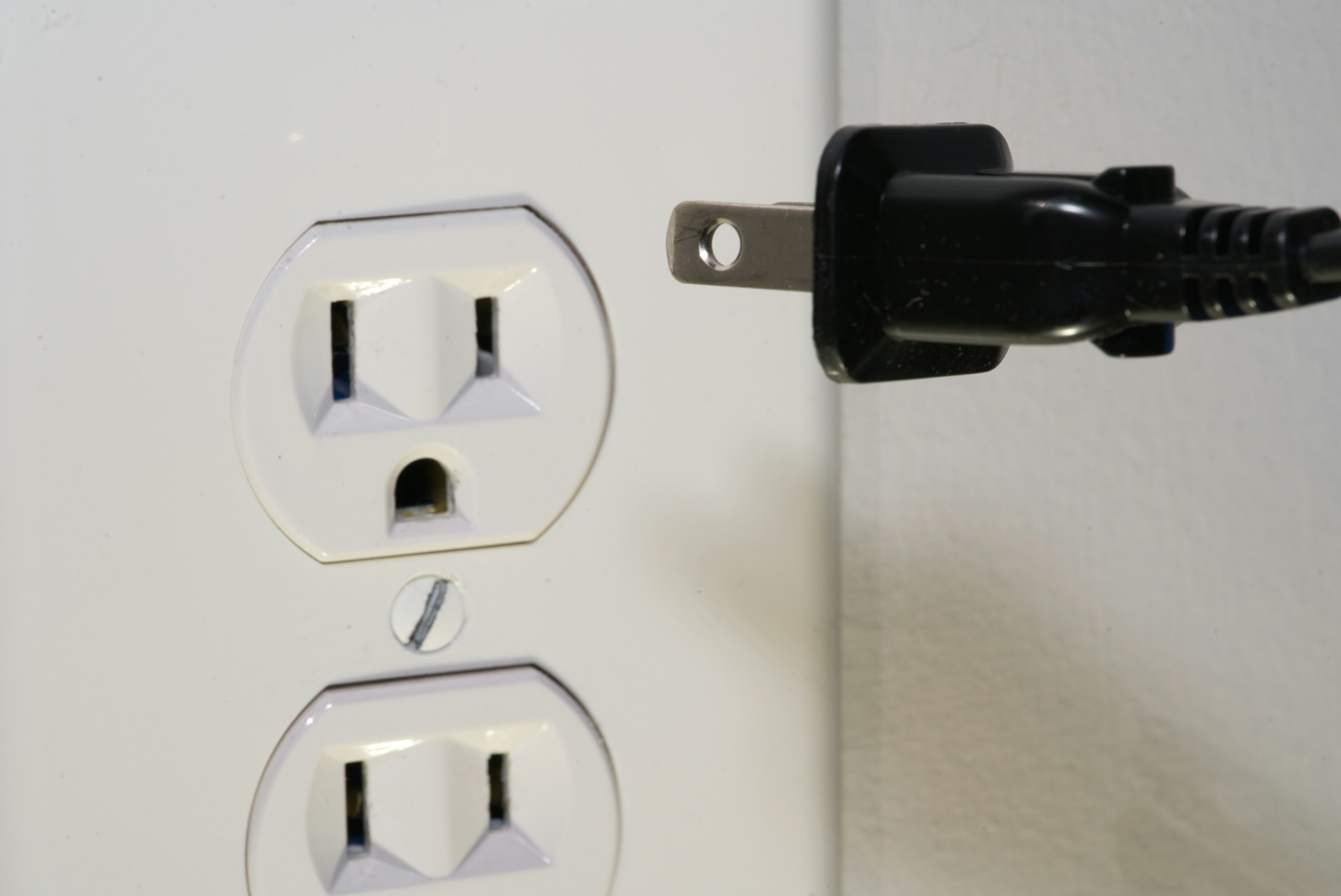 Photo by Clint Patterson on Unsplash
Photo by Clint Patterson on Unsplash
9. Secure Your Home
Window and door reinforcements are a good place to start, but depending on your area, storm shutters may also be necessary. In areas prone to hurricanes or tornadoes, impact-resistant glass also protects your windows and home from any debris.
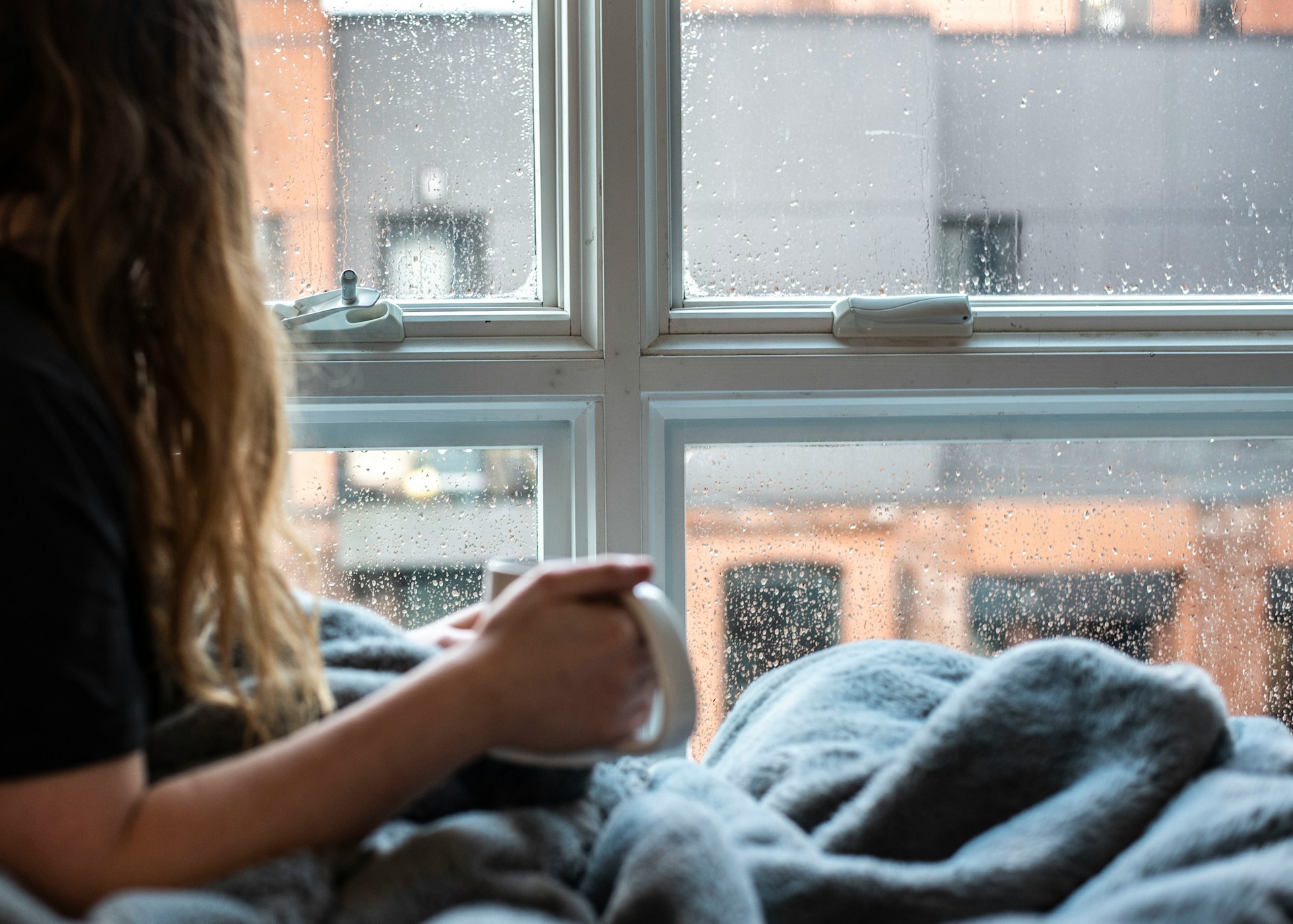 Photo by Amin Hasani on Unsplash
Photo by Amin Hasani on Unsplash
10. Communicate with People
If you’re close with your neighbors, form a group chat of some sort to keep each other informed. It helps when one of you is out of town or doesn’t know about any incoming storms. You should also have a means of communication with anyone you’re close to.
 Photo by Priscilla Du Preez 🇨🇦 on Unsplash
Photo by Priscilla Du Preez 🇨🇦 on Unsplash
11. Check Insurance Coverage
Review your insurance policy to ensure it covers any damage from severe weather. On top of your homeowners or rental coverage, you may want to look into additional coverage—especially if you’re in a more dangerous area.
 Photo by Tierra Mallorca on Unsplash
Photo by Tierra Mallorca on Unsplash
12. Invest in a Generator
Generators cost a pretty penny, but those who can swing the price know how invaluable backup power sources are. For extended outages, generators make all the difference for you and your family, though you’ll want to ensure you install everything correctly to avoid any mishaps.
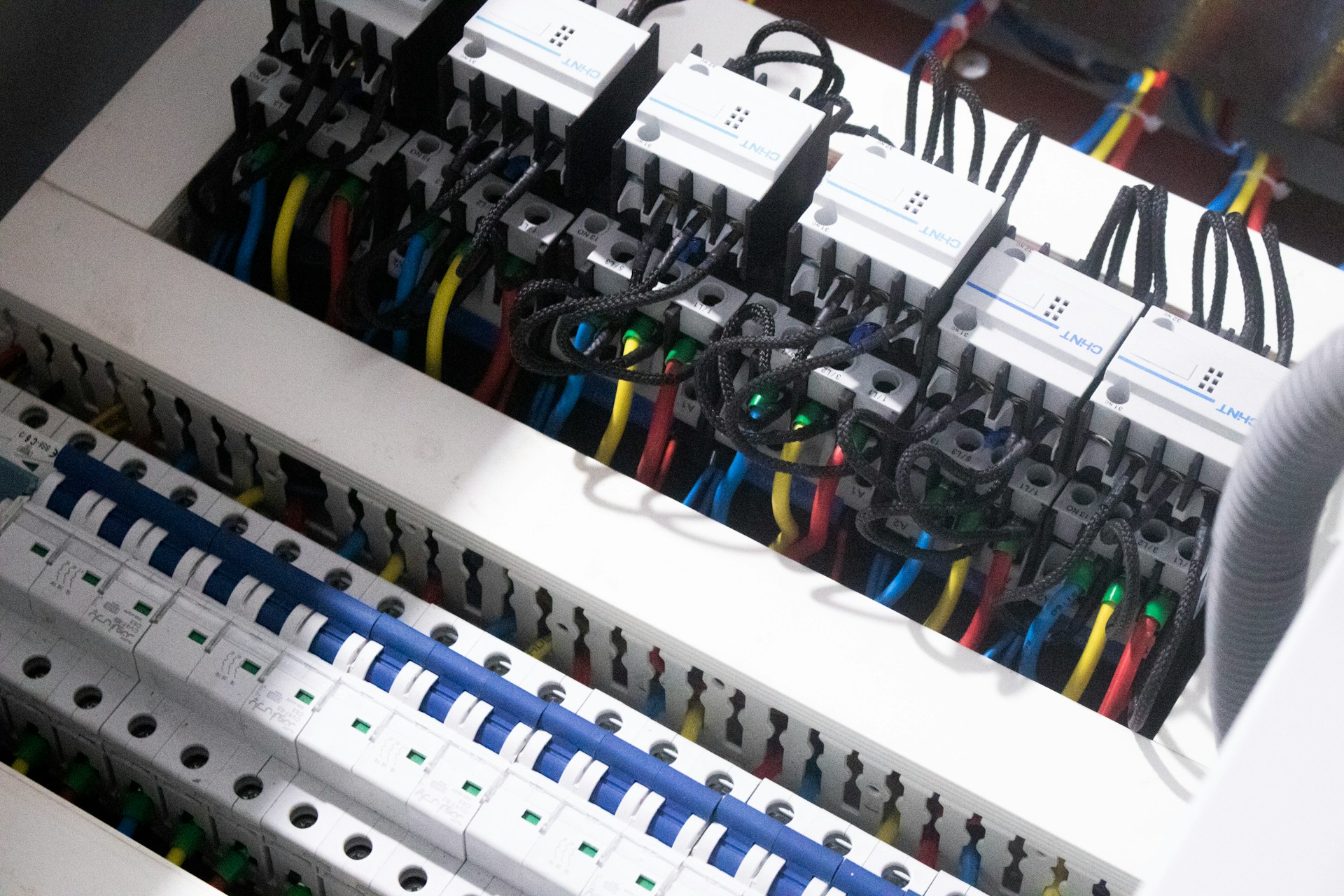 Photo by mostafa mahmoudi on Unsplash
Photo by mostafa mahmoudi on Unsplash
13. Remember Your Pets
Emergency kits are for everyone in the family, including your pets. Pet food, water, bedding, toys, and any medication should also be included in stockpiled supplies. If you need to evacuate, look into pet-friendly hotels as well.
 Photo by Krista Mangulsone on Unsplash
Photo by Krista Mangulsone on Unsplash
14. Take Care of the Yard
It’s no surprise that yards go through the ringer in a nasty storm, but you can keep debris to a minimum with proper work. Trimming tree branches and securing outdoor furniture prevent disaster and hefty bills.
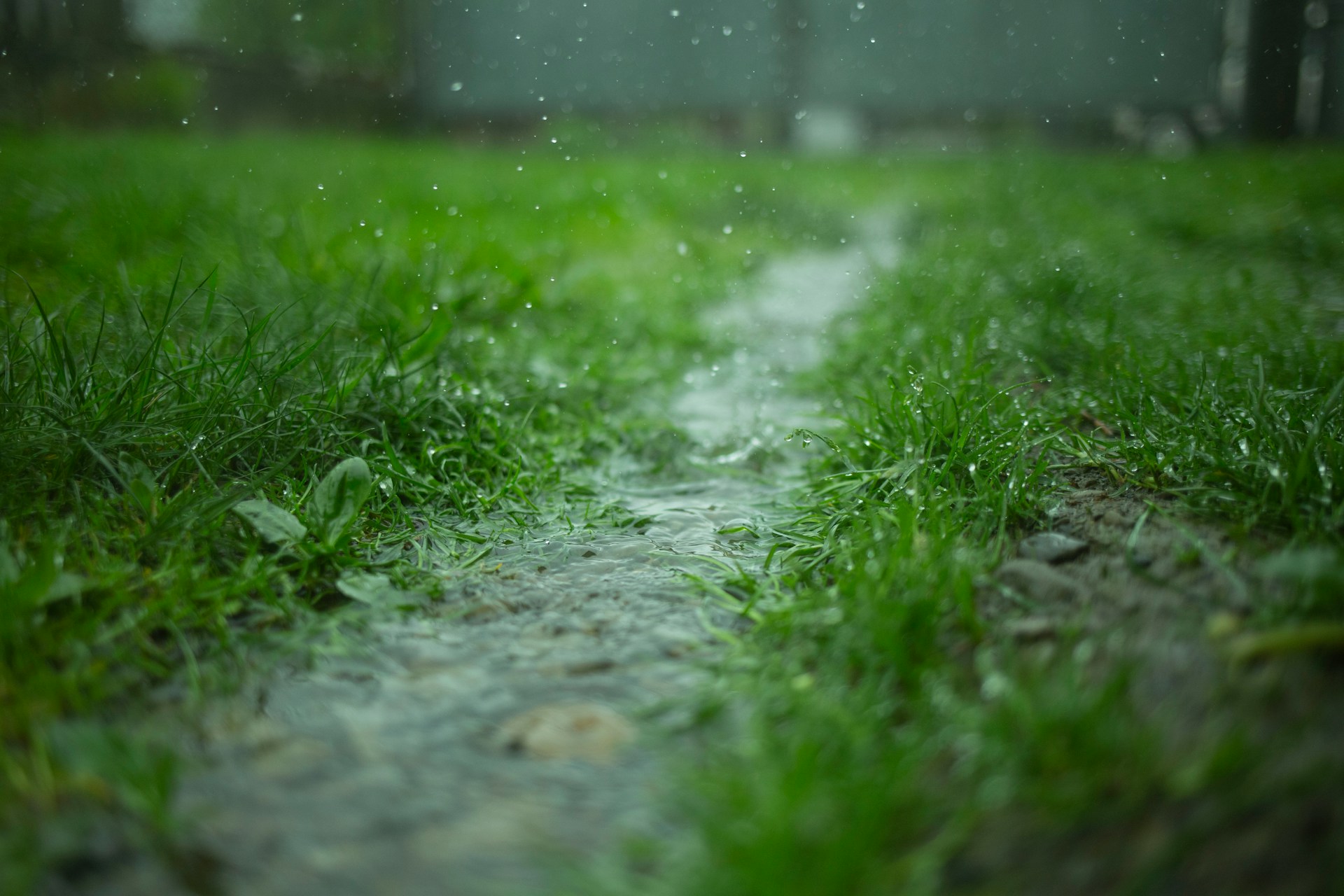 Photo by Roman Synkevych on Unsplash
Photo by Roman Synkevych on Unsplash
15. Clean the Gutters
Clean gutters mean water has a place to go besides your basement. Clearing debris is already an important household chore, but it’s particularly vital if you live in a high-risk area—especially in regions prone to flooding or torrential downpours.
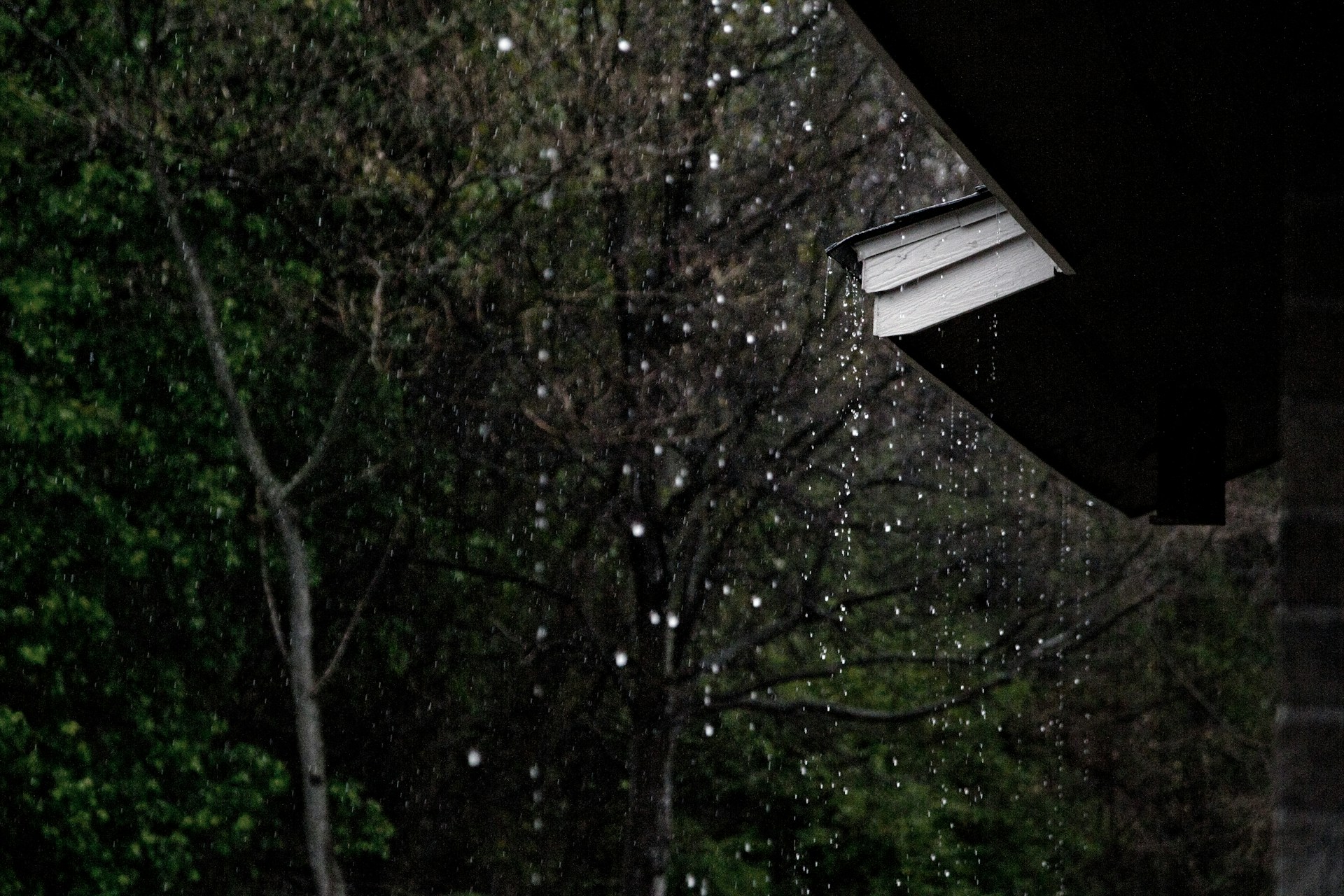 Photo by Anna Atkins on Unsplash
Photo by Anna Atkins on Unsplash
16. Tie Items Down
Of course, you can’t bring everything into the house with you. You can, however, secure outdoor furniture or decor to prevent damage. You can also move your vehicle, patio sets, or barbecue into the garage.
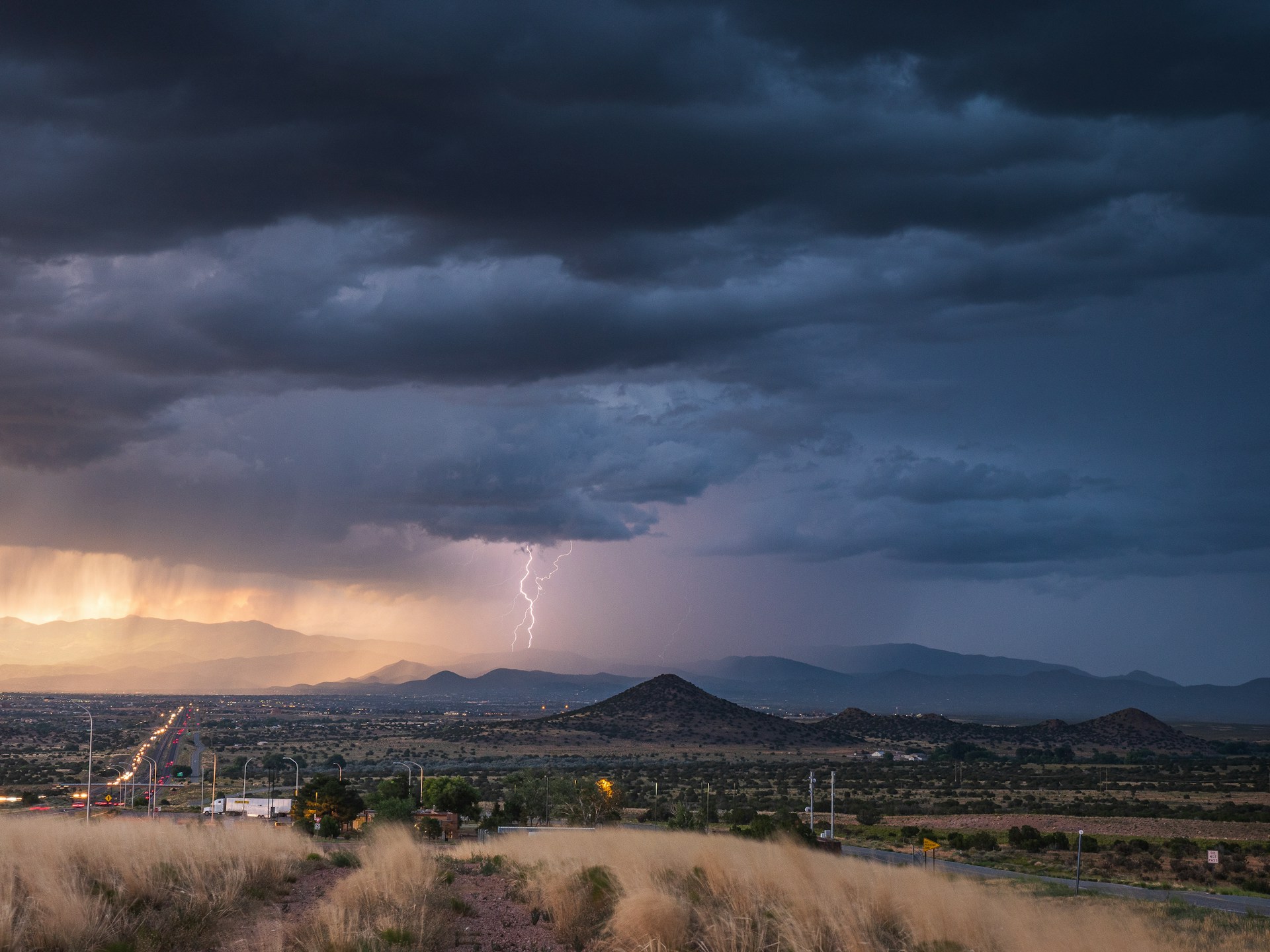 Photo by Raychel Sanner on Unsplash
Photo by Raychel Sanner on Unsplash
17. Always Have a Flashlight
Candles are good in a pinch, but flashlights are better. You don’t pose any hazards and are far easier to transport across rooms. Emergency kits should always have at least one along with fresh batteries.
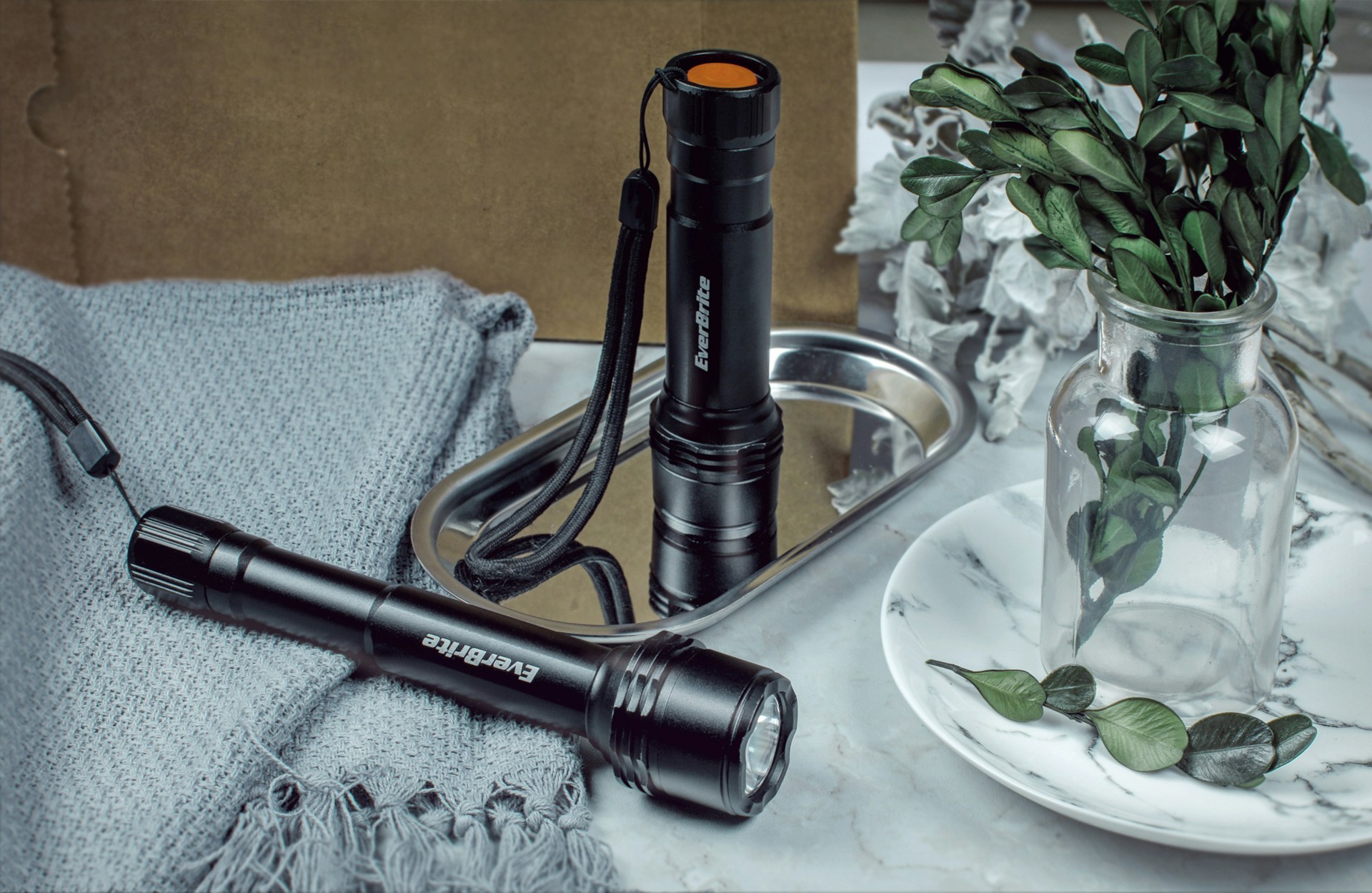 Photo by Alexandra Lee on Unsplash
Photo by Alexandra Lee on Unsplash
18. Stay Indoors
You may be used to the odd thunderstorm by now, but it only takes one storm to alter someone’s life. Don’t stay outside after issued weather warnings, stop recording incoming storm clouds, and safely wait it out. You shouldn’t head outside either until you know the coast is clear.
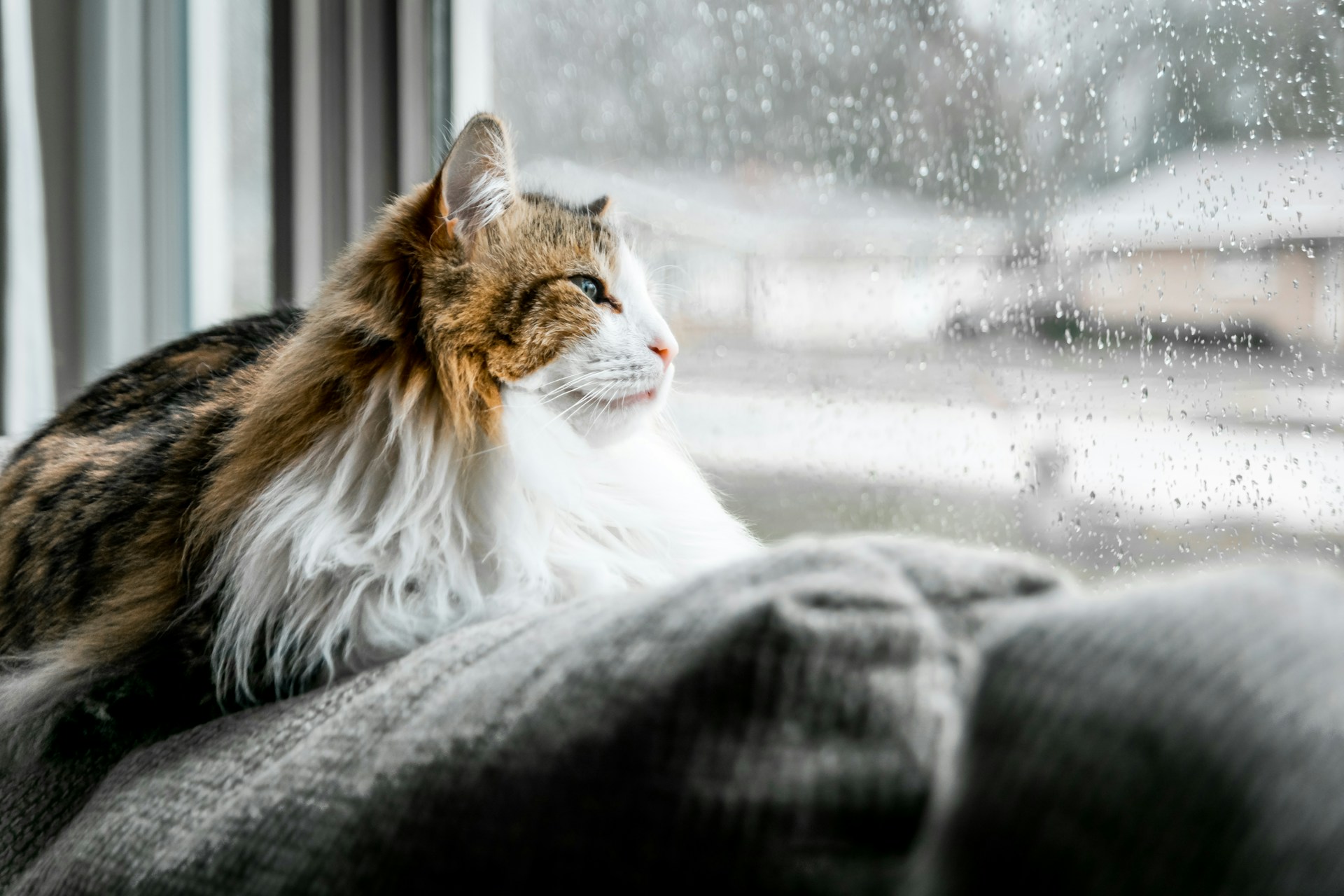 Photo by Keenan Barber on Unsplash
Photo by Keenan Barber on Unsplash
19. Enable Emergency Alerts
Emergency alerts can get irritating, especially the tests that come out of nowhere. However, those alerts make all the difference, so ensure they’re enabled on your phone. Even if nothing comes of it, it’s better to be safe than sorry.
 Photo by Kelli McClintock on Unsplash
Photo by Kelli McClintock on Unsplash
20. Get Gas
A good storm can prevent you from going anywhere for a couple of days, so whether it’s gas for your car or a quick propane tank refill, have that stuff on hand. It’s just one less thing to worry about in the aftermath.



